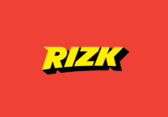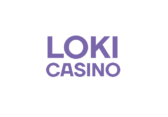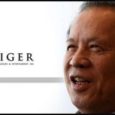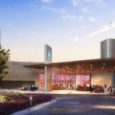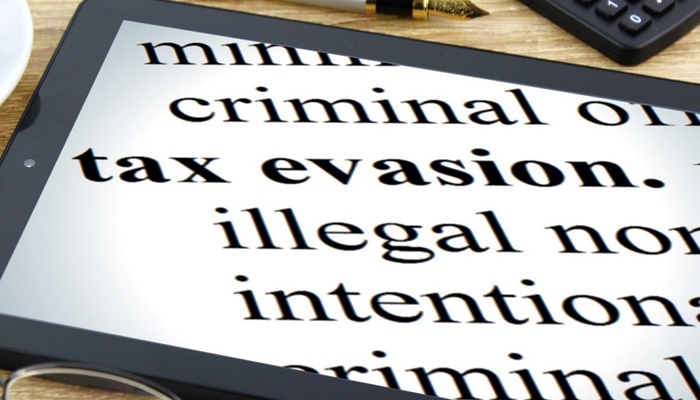
In one fell swoop, 10 notices have been issued to as many Goa casinos by Indian intelligence agency, Directorate of Revenue Intelligence (DRI), for service tax evasion, and it has also begun an investigation into the matter
The Economic Times reports that 10 of Goa’s biggest casinos have been served notice by what is the indirect tax department’s intelligence arm, asking that they submit payment to the state government for required license fees for the period of 2014 to 2016.
The tax notices, which demand approximately 15 percent on the license fees, are being met with court challenges from some casino owners that argue the license fees paid by them to the government is the equivalent of asking for permission and that the tax demand has no legal ground.
According to the news outlet, the DRI’s rationale is that the services that are provided by the casinos may be placed in the category of goods, as they “reserve the right to enter” for customers.
Abhishek A Rastogi, partner at one of India’s oldest law firms, Khaitan & Co, filed a writ of petition with the Goa bench of the Bombay High Court, to the effect, “Demanding tax on statutory licence fees is absurd. It’s like demanding tax on passport fees paid to the government. Based on a circular, the DRI has initiated investigation for applicability of service tax.” Rastogi added that in order for an activity to be taxable, there must be “an element of service and quid pro quo.”
In March this year, the state government approved a revised fee structure that saw the license fee for the Goa casino industry increased for the financial year 2018-19. The fees are reportedly 2.5 to 4.5 times greater than the hikes casinos dealt with the same time last year. The increase marked the fourth consecutive year casino fees were raised in India and a good indicator of the government’s wish to eradicate gambling there altogether.
According to reports last month, the Goa government collected around $29.75 million from five of Goa’s floating casinos as well as six of its eleven onshore venues. The venues reportedly reluctantly agreed to pay the increased fees for their annual licenses after the month prior saw a petition to lower the tariffs or institute a holiday while a compromise was reached, was rejected.



